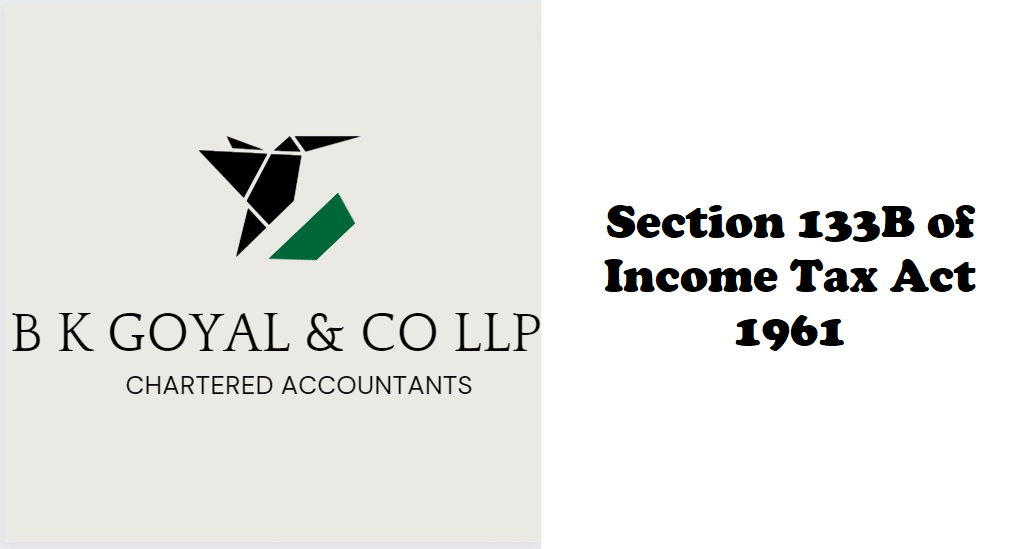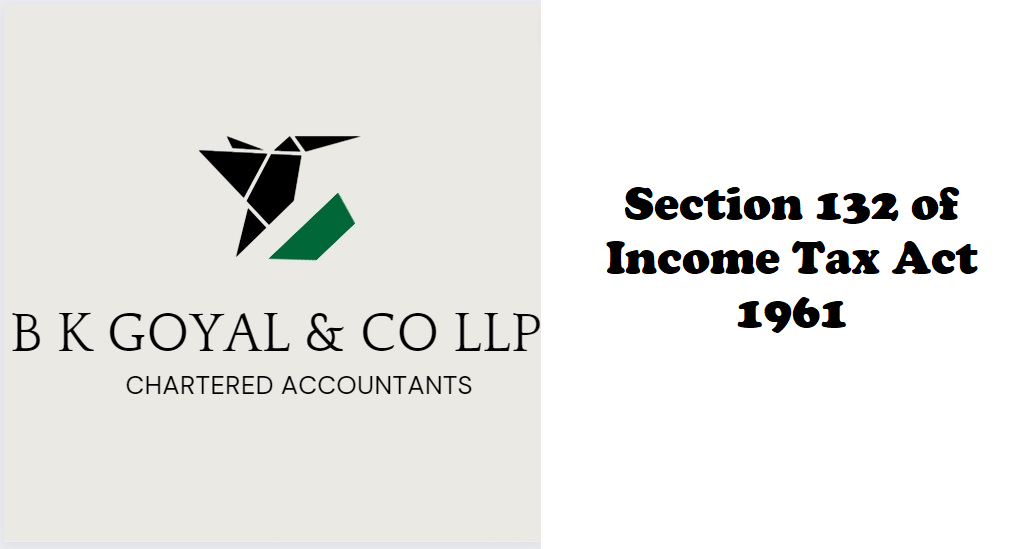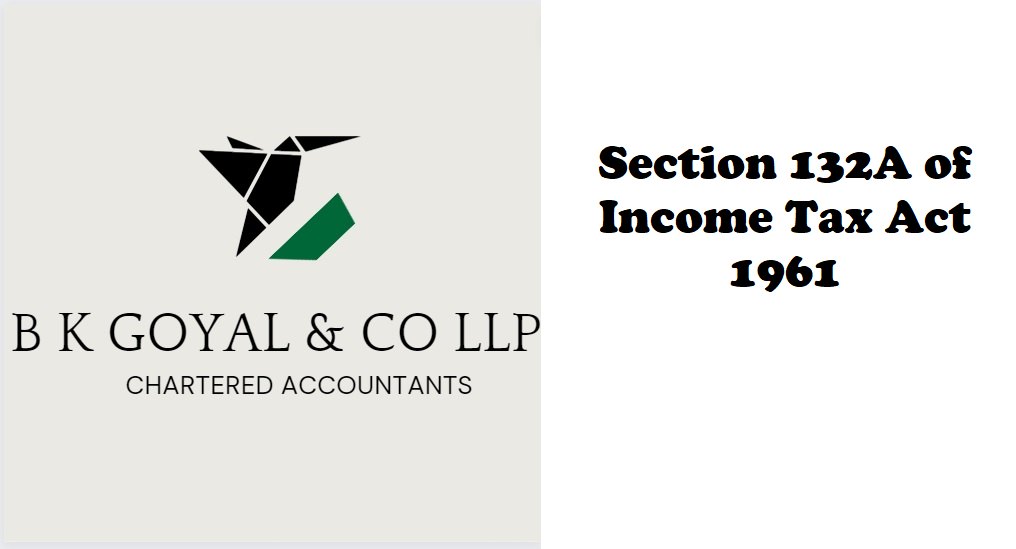Section 133B of Income Tax Act 1961
Power to collect certain information (1) Notwithstanding anything contained in any other provision of this Act, an income-tax authority may, for the purpose of collecting any information which may be useful for, or relevant to, the purposes of this Act, enter— (a) any building or place within the limits of the area assigned to such authority ; or (b) any building or place occupied by any person in respect of whom he exercises jurisdiction, at which a business or profession is carried on, whether such place be the principal place or not of such business or profession, and require any proprietor, employee or any other person who may at that time and place be attending in any manner to, or helping in, the carrying on of such business or profession to furnish such information as may be prescribed44. (2) An income-tax authority may enter any place of business or profession referred to in sub-section (1) only during the hours at which such place is open for the conduct of business or profession. (3) For the removal of doubts, it is hereby declared that an income-tax authority acting under this section shall, on no account, remove or cause to be removed from the building or place wherein he has entered, any books of account or other documents or any cash, stock or other valuable article or thing. Explanation.—In this section, “income-tax authority” means a Joint Commissioner, an Assistant Director or Deputy Director or an Assessing Officer, and includes an Inspector of Income-tax who has been authorised by the Assessing Officer to exercise the powers conferred under this section in relation to the area in respect of which the Assessing Officer exercises jurisdiction or part thereof. Practice area’s of B K Goyal & Co LLP Income Tax Return Filing | Income Tax Appeal | Income Tax Notice | GST Registration | GST Return Filing | FSSAI Registration | Company Registration | Company Audit | Company Annual Compliance | Income Tax Audit | Nidhi Company Registration| LLP Registration | Accounting in India | NGO Registration | NGO Audit | ESG | BRSR | Private Security Agency | Udyam Registration | Trademark Registration | Copyright Registration | Patent Registration | Import Export Code | Forensic Accounting and Fraud Detection | Section 8 Company | Foreign Company | 80G and 12A Certificate | FCRA Registration |DGGI Cases | Scrutiny Cases | Income Escapement Cases | Search & Seizure | CIT Appeal | ITAT Appeal | Auditors | Internal Audit | Financial Audit | Process Audit | IEC Code | CA Certification | Income Tax Penalty Notice u/s 271(1)(c) | Income Tax Notice u/s 142(1) | Income Tax Notice u/s 144 |Income Tax Notice u/s 148 | Income Tax Demand Notice Company Registration Services in major cities of India Company Registration in Jaipur | Company Registration in Delhi | Company Registration in Pune | Company Registration in Hyderabad | Company Registration in Bangalore | Company Registration in Chennai | Company Registration in Kolkata | Company Registration in Mumbai | Company Registration in India Our Offices CA in Delhi | CA in Jaipur | CA in Gurgaon | CA Firm in India
Section 133B of Income Tax Act 1961 Read More »









